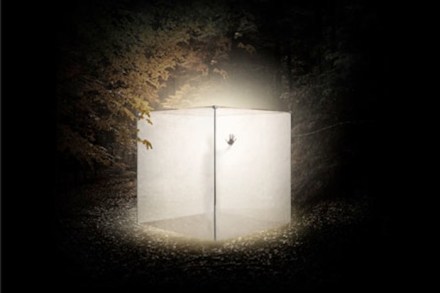Parsifal has anxiety, rage, near-madness — unfortunately the Royal Opera’s version doesn’t
Debussy’s description of the music of Parsifal as being ‘lit up from behind’ is famous; less so is Wagner’s own remark to Cosima that in his last music drama he was trying to get ‘the effect of clouds merging and separating’. The scoring of the music, especially in the outer acts, is so extraordinary that even people who are repelled by the subject matter of Parsifal, such as Nietzsche, are still overwhelmed by its beauty, which uniquely combines sensuousness and spirituality. It’s a beauty that has to cope with and contain a very great deal of pain, more even than Act III of Tristan. Even the quasi-liturgical unison opening bars



















